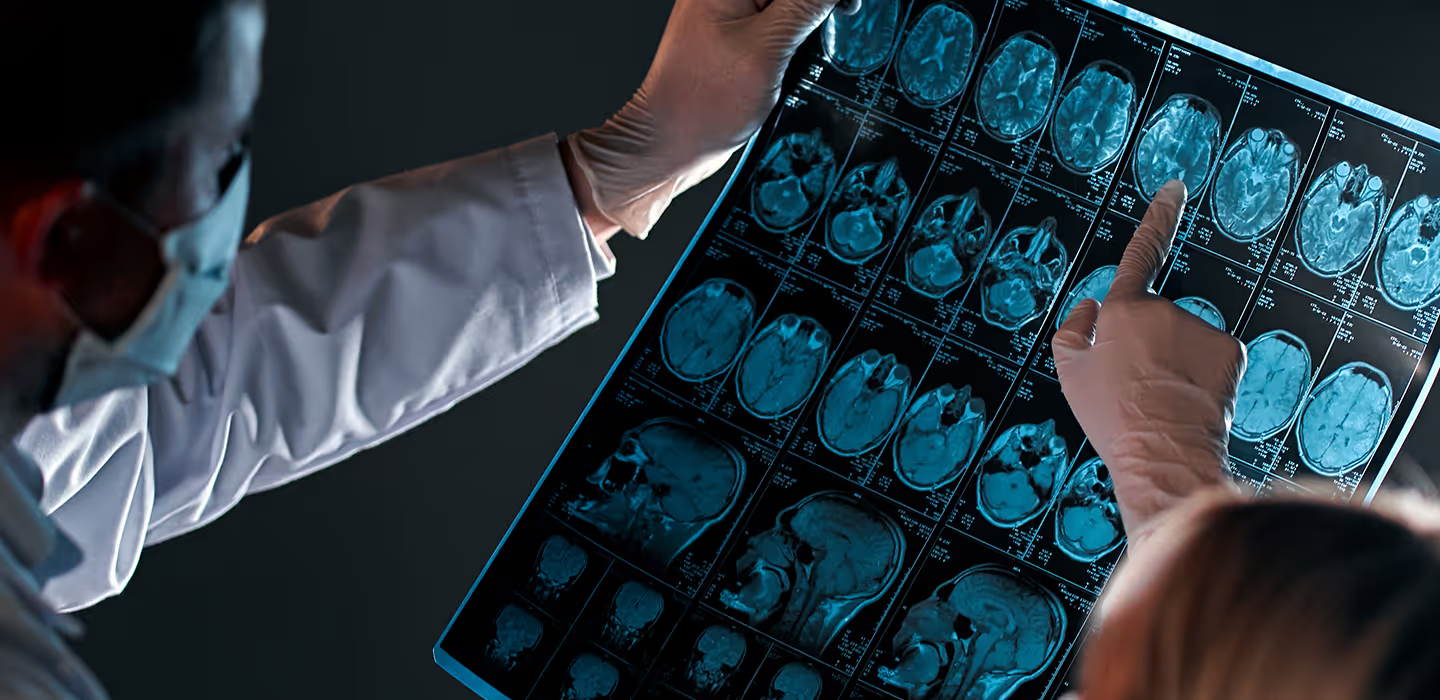Scientific
publications

Microbiomic and Posttranslational Modifications as Preludes to Autoimmune Diseases
Diagnosis and treatment of autoimmunity has mainly relied on adaptive immunity. Infection and inflammation induce cytokines and chemokines and activate myeloid cells to release enzymes. Proteases cleave host proteins into a molar excess of remnant peptides. Additional enzymes modify these peptides into putative autoantigens prior to T and B cell activation. We propose that post-translational modifications may be a means of generating auto-reactive peptides. Microbes also provide proteases and modifying enzymes to the host, and we posit that this may result in autoantigen generation. This could help explain, at least in part, the recently discovered connections between microbiota and autoimmunity. Better explorations of the innate prelude phase of autoimmunity in conjunction with environmental factors might provide novel, broadly applicable therapies.
Keywords: antigen; arthritis; citrullination; diabetes; glycation; glycosidase; glycosyl transferase; glycosylation; multiple sclerosis; peptidylarginine deiminase; proteases; remnant epitopes; systemic lupus erythematosus.
Stay informed
Receive all the information related to research and news from the Belgian Charcot Foundation directly in your inbox.
